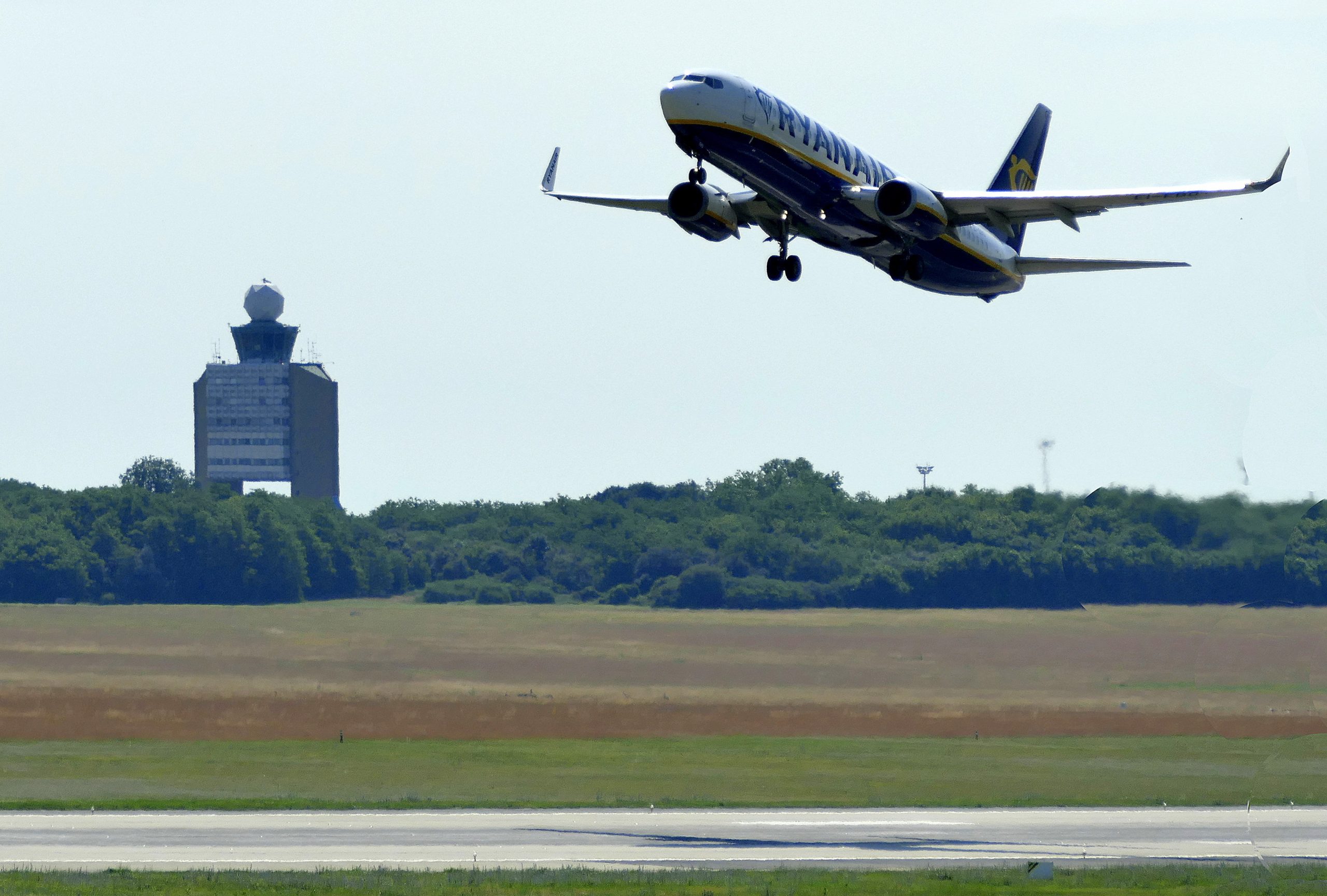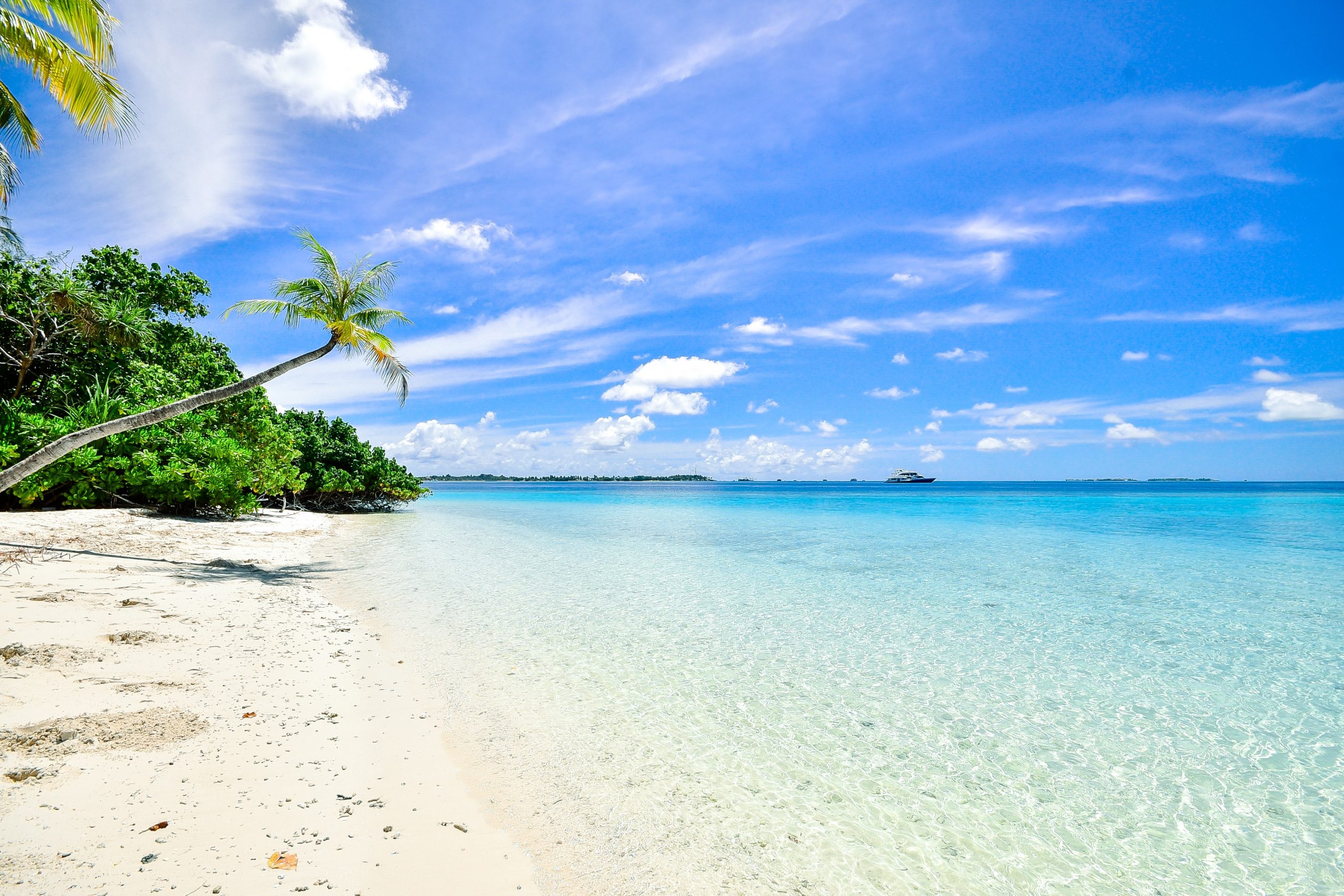
International tourism into Hungary has also increased relative to 2019, with more than twice the number of plane ticket purchases.Continue reading

There is still demand for luxury winter travel and high-priced trips among Hungarians, although at a more moderate rate than the seasonal average, Világgazdaság, a Hungarian economic site reported. They added that the market for mid-priced, post-season getaways has been dampened by the changes in utility cost reduction.
Under the changes, Hungarians will only receive gas and electricity at a reduced price up to the fixed average consumption, above which they will have to pay the residential market price – which is still lower than the regular market price.
Higher prices due to the energy crisis also mean higher bills, which affect people’s willingness and ability to travel.
Judit Molnár, president of the Association of Hungarian Travel Agencies, told Világgazdaság that a slowdown in bookings is visible.
Compared to the pre-Covid era, there were far fewer charter flights from Budapest this summer, with an average of 50 instead of 70 in 2019.
In winter, exotic destinations such as Mauritius, the Maldives, Bali, the Seychelles, and Dubai are popular with Hungarians. However, holidays costing 200-300,000 forints (EUR 500-750) are over.
Anyone preparing for an exotic trip now will have to dig deep into their pockets, as fees between 900,000 and one million forints (EUR 2,200-2,400) per person are expected,
according to Molnár.
In light of this, the willingness and ability of Hungarians to travel will largely depend on how much they will pay in utility bills in the new winter season, which is marked by an energy crisis. According to the president of the Association of Hungarian Travel Agencies, the crippling effect of the changes to the cuts is still in place, but market players are confident that demand will pick up again.
Featured photo via Pexels